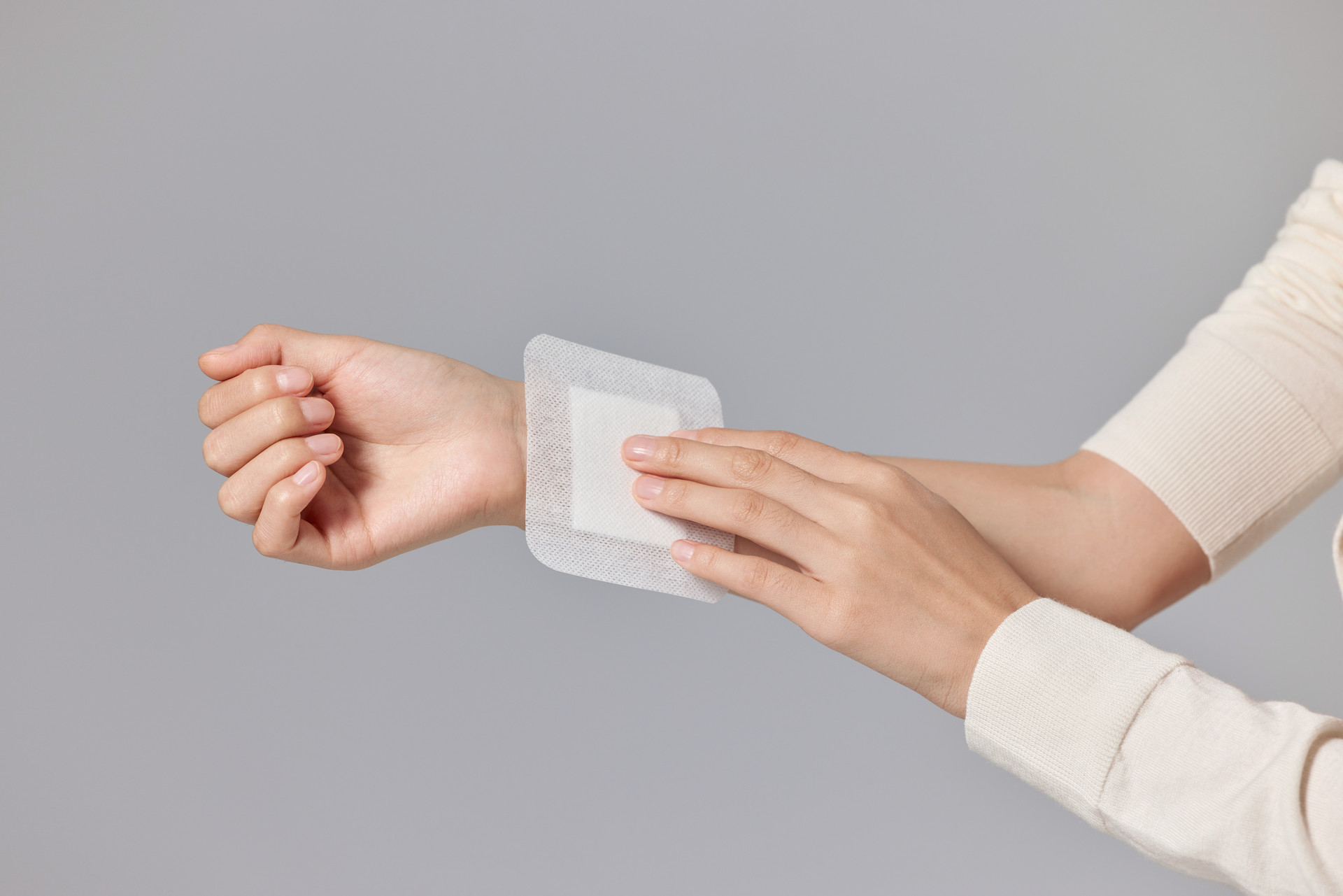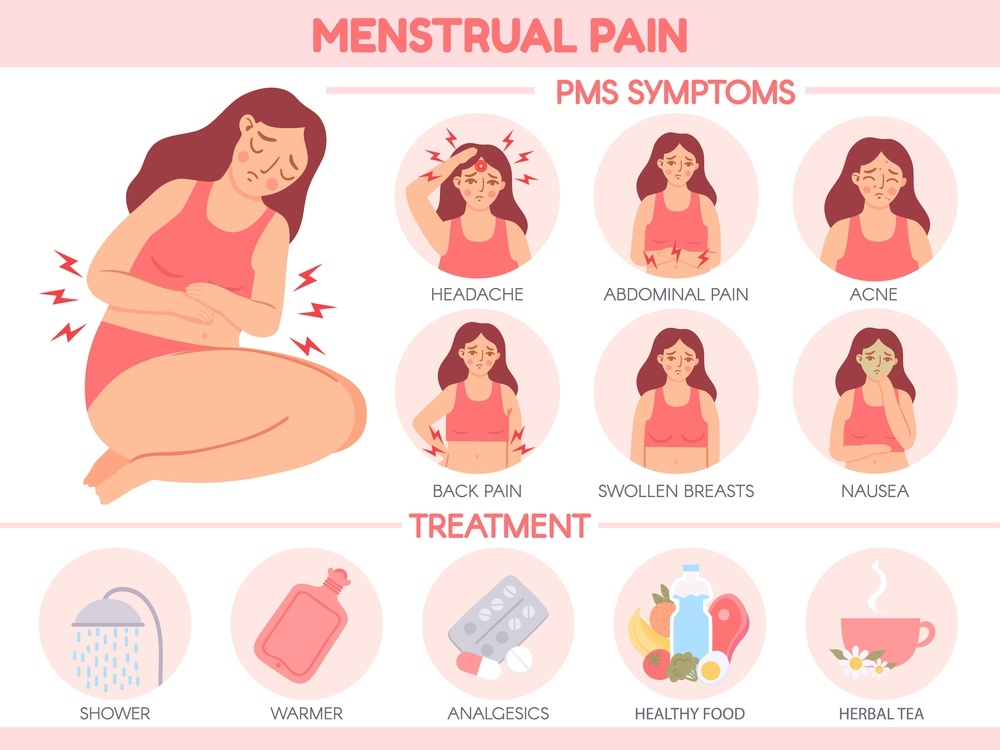
Benefits of Breastfeeding
As the saying goes, "Mother's milk is better than gold or silver water." Breast milk is a gift from nature, bringing the most essential part of a mother's body and her best wishes to her baby.
Breast milk is the most ideal natural food for infants. It contains various essential nutrients for infant growth and development, making it extremely important for their health and nutrition. Research data shows that infants who are exclusively breastfed are healthier. Breast milk can enhance the baby's immune system, improve intelligence, reduce the risk of sudden infant death syndrome, childhood obesity, and allergic diseases. The benefits of breastfeeding for infant health can extend into adulthood.
In the ancient Chinese medical book "Yuying Jiami," it is described that "milk is as nourishing as food." This simple statement reveals the preciousness, source, and deliciousness of breast milk. It can be said that breast milk is the bond that continues to connect mother and child even after the baby is born. The baby's needs are communicated to the mother's body through suckling, just as the "Ancient and Modern Medical Canon" says, "The child eats its mother's milk, and the response is immediate."
Tips for Successful Breastfeeding
One of the key points for successful breastfeeding is the "Three Early" principles.
Early Contact: Skin-to-skin contact between mother and baby should begin within 30 minutes after delivery and last for at least 30 minutes. This contact not only promotes a strong emotional bond between mother and baby after a long period of labor and delivery but also helps the newborn develop their suckling ability.
Early Suckling: Newborns should start suckling the mother's breast within 30 minutes after delivery. During the first hour after birth, most newborns are interested in breastfeeding or being comforted. Taking advantage of this time to initiate breastfeeding is ideal. Early suckling creates a strong memory for the baby and helps establish their sucking ability. It also stimulates the release of more oxytocin and prolactin in the mother's body, which enhances uterine contractions, reduces postpartum bleeding, and stimulates lactation.
Early Milk Production: The first milk production should occur within 30 minutes after delivery. Early milk production allows the baby to receive colostrum, the first milk rich in protein and antibodies. Colostrum protects the newborn from infections and helps clean the intestines by promoting the passage of meconium.
The Importance of Proper Breastfeeding Position
The correct breastfeeding position is the foundation for pain-free and sufficient milk intake.
Hold the breast with one hand, placing the thumb on top and the other fingers below. Use the nipple or fingers to gently tap from the baby's nose to the upper lip to encourage them to open their mouth. As the baby opens their mouth, gradually bring them closer to the breast and guide the nipple and areola into their mouth. The baby's mouth should naturally encompass the nipple and most of the areola. After the baby finishes feeding on one side, gently insert the mother's finger into the baby's mouth corner and pull towards the ear to stop the baby from sucking, then proceed to feed from the other side.
A Positive Mindset Leads to Good Milk Supply
The saying that "the breasts are a woman's most intimate companion" is not entirely inaccurate. Experts point out that the condition of a mother's breasts can reflect her emotional state. Constant worry, stress, anger, and low mood can lead to breast pain, lumps, and hyperplasia.
From the perspective of Traditional Chinese Medicine, the liver governs emotional regulation, and since the breasts are connected to the liver meridian, emotions indirectly affect the breasts. Therefore, maintaining a good mood is essential for healthy breasts.
In the classical Chinese medical text "Qian Jin Yao Fang," it emphasizes that excessive emotional fluctuations in the breastfeeding mother can affect milk production and harm the baby's health. It states, "For newborns, it is necessary for the breastfeeding mother to be cautious with her emotions and diet, avoiding rich and greasy foods, so that the breast milk remains clear and peaceful, and the baby does not become sick."
Mothers should maintain a happy mood while breastfeeding.
"Many old beliefs used to claim that breast milk loses its nutritional value after six months, and formula is better. We have seen many breastfeeding mothers struggle with this misconception. However, this is one of the most common misunderstandings about breastfeeding, and it is not supported by scientific evidence." Experts emphasize that the World Health Organization and health authorities in China strongly recommend exclusive breastfeeding for the first six months after birth, followed by continued breastfeeding with complementary foods. In addition to providing sufficient nutrition and protecting infant health, breastfeeding also promotes postpartum uterine recovery, reduces maternal fat accumulation, helps regain pre-pregnancy body shape, and reduces the risk of breast and ovarian cancer.
Iron obtained from the umbilical cord in the womb is depleted within 4-6 months after birth, so it is necessary to introduce iron-rich complementary foods during this period. However, the iron in breast milk remains present and maintains a high absorption rate, so it does not become "nutritionless" during this time.
Traditional Chinese Medicine advocates that breastfeeding is most suitable for newborns, and most medical experts recommend exclusive breastfeeding for the first four to five months. The classic Chinese medical text "Qian Jin Yao Fang" mentions, "If infants are breastfed early, they cannot handle solid food and are prone to illness. They may develop sores on the head, face, and body, which can recur and make the child weak and difficult to raise." This indicates that breastfeeding should primarily be the source of nutrition before six months, and complementary foods can gradually be introduced afterward to reduce the risk of illness.
Traditional Chinese medicine often refers to animal-derived medicines as "blood and flesh with emotions." So, what could be more precious and emotional than the milk continuously produced from a mother's beating bloodline?








